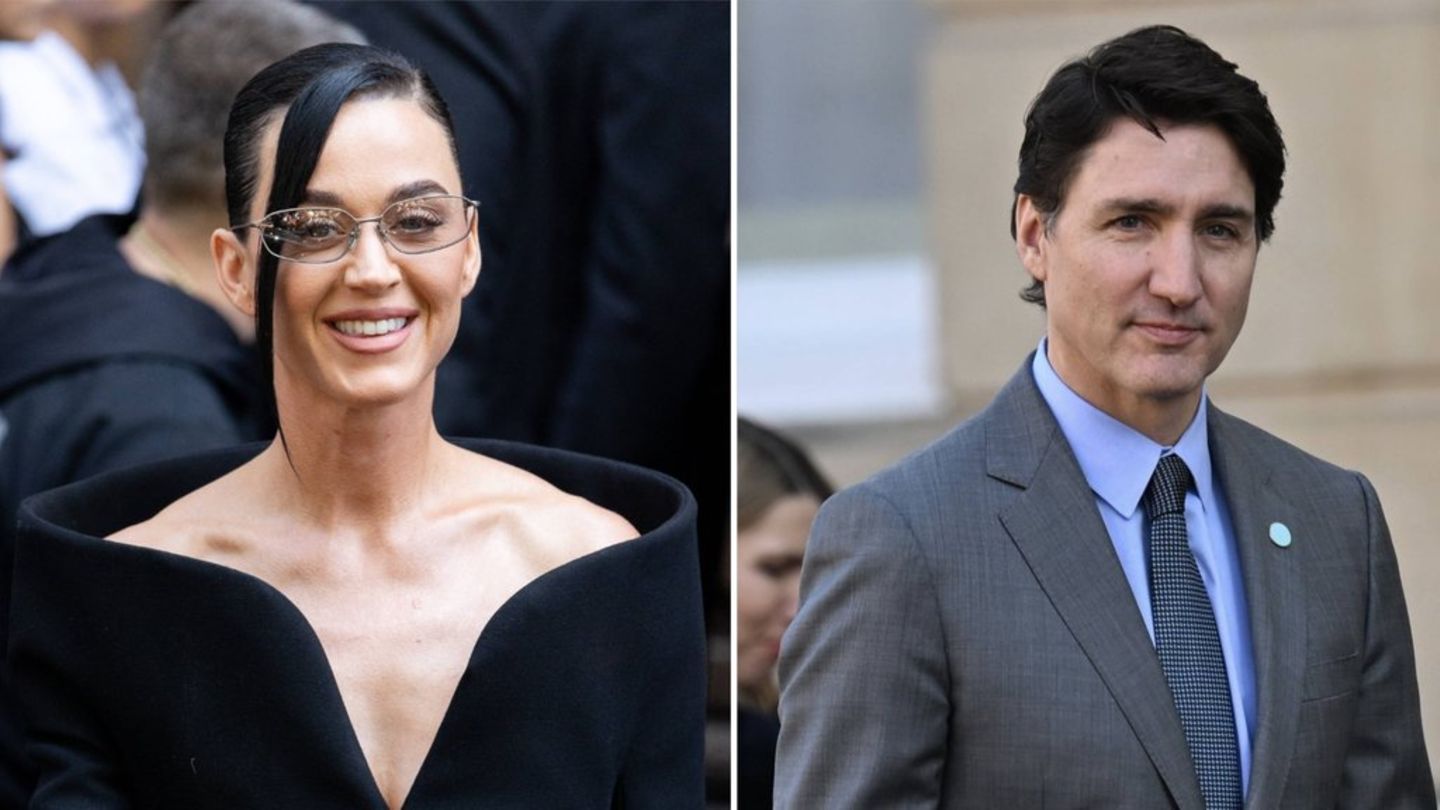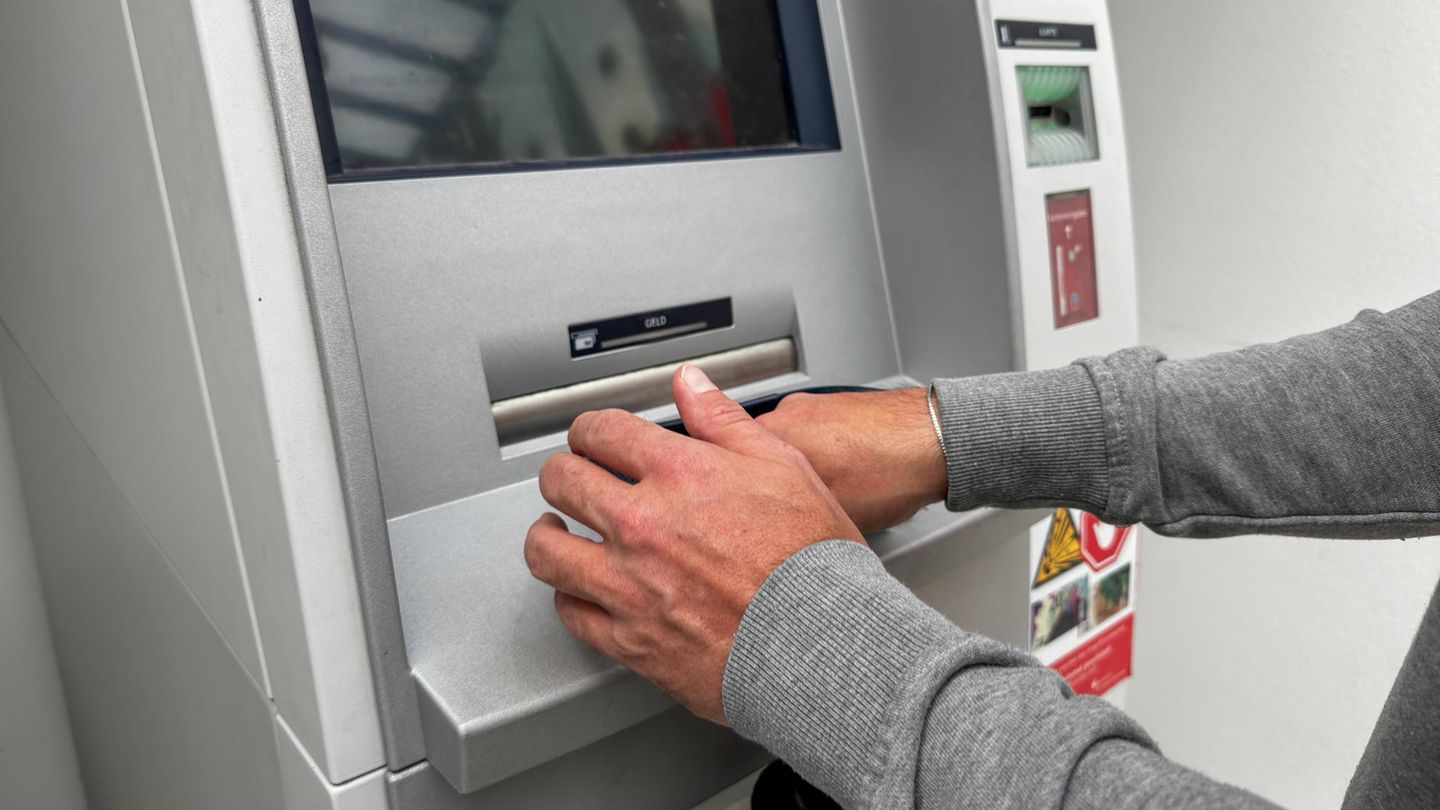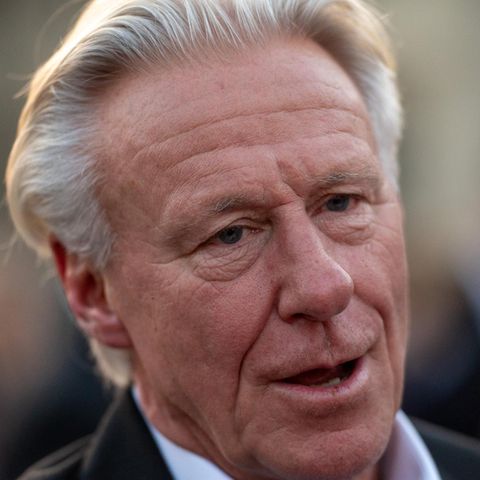The state prime ministers discussed asylum policy and reforms in public broadcasting in Leipzig. The results are expected today.
The state prime ministers are continuing their discussions in Leipzig today. The annual conference focuses on additional measures in migration policy and the reform of public broadcasting. The heads of government expressed disagreement on both issues at the beginning of their meeting. At lunchtime, Saxony’s Prime Minister Michael Kretschmer (CDU) and his Lower Saxony colleague Stephan Weil (SPD) want to present what agreements were reached at the Prime Minister’s Conference.
The Union-led federal states are pushing for a tougher pace in migration policy. Bavaria’s Prime Minister Markus Söder (CSU) emphasized in Leipzig that a “real migration turnaround” was necessary. “That means rejection is needed. If rejection doesn’t take place, then we’re not doing justice to the situation.” Asylum law also needs to be adapted – if necessary also at the European level. In addition, further deportations would have to be organized.
“We won’t get any further if we only take small steps. We need a decisive breakthrough on the migration issue this year,” said North Rhine-Westphalia Prime Minister Hendrik Wüst (CDU) to the “Westdeutsche Allgemeine Zeitung”.
In contrast, Lower Saxony’s Prime Minister Weil accused the Union of being in election campaign mode far too early on the issue of migration. The SPD politician emphasized that discussions must be conducted in accordance with applicable law. Against this background, the introduction of an upper limit for refugees, as Saxony’s CDU Prime Minister Kretschmer repeatedly suggests, should be classified: “This is simply not possible under the conditions of current law.”
Agreement on broadcasting fees questionable
When discussing the future of public broadcasting, the country leaders emphasized that reforms had to be implemented. “I see a great deal of agreement that we should reform public broadcasting,” said Weil. This would reduce the offer, but it would probably also make it more “targeted”.
However, it was unclear whether the prime ministers could agree on an increase in the broadcasting fee. An increase of 58 cents to 18.94 euros per month from January is on the table. While countries with large broadcasters spoke out against higher broadcasting fees, countries with small broadcasters such as Saarländischer Rundfunk pointed out the need for financing.
Protesting against planned cuts
The debates about public broadcasting are accompanied by protests. On Thursday, musicians demonstrated at the conference venue in Leipzig, particularly against the planned merger of the television channels 3sat and Arte. The campaign organization Campact has announced further protests for Friday.
Source: Stern
I have been working in the news industry for over 6 years, first as a reporter and now as an editor. I have covered politics extensively, and my work has appeared in major newspapers and online news outlets around the world. In addition to my writing, I also contribute regularly to 24 Hours World.




